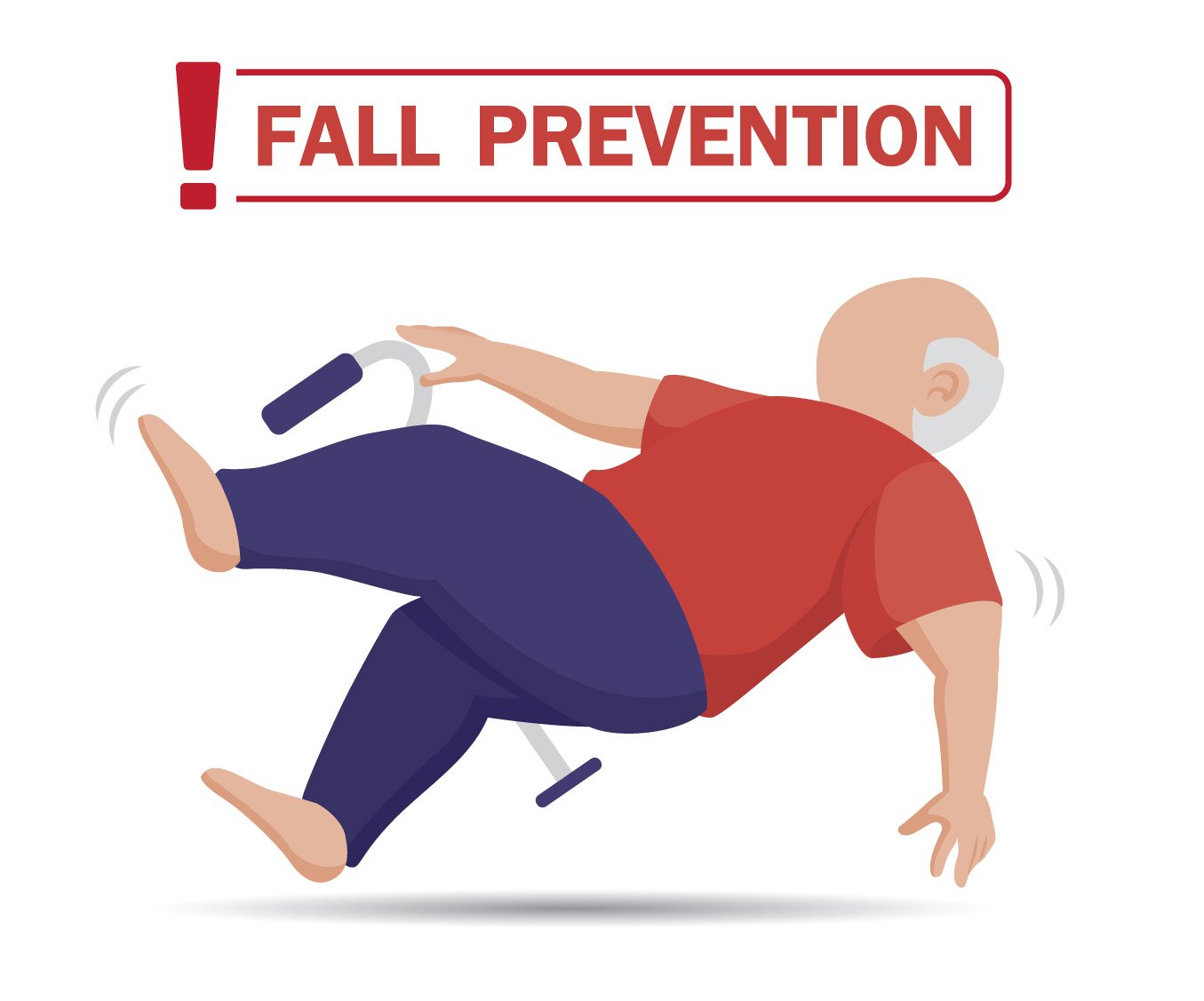AI Emerges as a Guardian Against Falls in Aging Population…
As our population gracefully ages, the specter of falls among older adults looms larger on the public health horizon. The World Health Organization (WHO) reports that falls rank as the second leading cause of accidental fatalities among seniors worldwide, with an estimated one in three older adults experiencing such incidents annually. This alarming trend has prompted a paradigm shift in healthcare settings and senior living communities, where AI technology is now being embraced as a cornerstone of fall prevention initiatives.
The Implications of Preventing Falls for Seniors
The repercussions of falls among seniors are profound and multifaceted. Beyond physical injuries like broken bones or potentially fatal head traumas, falls can strip away seniors' sense of independence, instilling fear that curtails their mobility and participation in cherished activities. Moreover, the economic toll of falls is staggering, with the National Council on Aging (NCOA) pegging the annual cost of fall-related injuries in the United States at a staggering $50 billion in 2015, a figure expected to surge as our population continues to age.
How AI Technology is Pioneering Fall Prevention Efforts
Enter artificial intelligence (AI), poised to revolutionize fall prevention strategies for seniors. AI algorithms are adept at monitoring movement patterns, swiftly alerting caregivers and family members to potential fall risks. By analyzing data from wearable devices like fitness trackers, AI can discern subtle changes in behavior or mobility indicative of heightened fall vulnerability, thereby enabling tailored prevention plans for individual seniors. Furthermore, AI's integration with virtual reality (VR) technology provides seniors with immersive environments to practice balance and mobility, bolstering confidence and mitigating fall risks in a safe setting.
Pioneering Initiatives at Inspir Carnegie Hill
At Inspir Carnegie Hill, a pioneering six-month pilot program spearheaded the integration of AI technology in fall prevention efforts. Collaborating with Inspiren, a trailblazing healthcare technology company, the community unveiled AUGI (Augmented Intelligence), a groundbreaking cognitive resident care assistant. AUGI's genesis stemmed from founder Michael Wang's poignant experiences, including the preventable suffering of patients and the tragic loss of his grandmother to a fall. Wang's resolve to avert such needless tragedies propelled the development of AUGI, which leverages sophisticated AI to analyze residents' behavior, encompassing factors like gait analysis, out-of-bed habits, and social interactions to preempt falls.
AUGI's impact transcends fall prevention; it empowers care teams by streamlining workflows and optimizing staff-resident interactions. Through its vigilant surveillance and automated alerts, AUGI not only averts potential dangers but also alleviates caregiver burnout, fostering a more efficient and compassionate care environment.
Looking Ahead: AI's Promise in Senior Care
The initial success of Inspir Carnegie Hill's pilot program, marked by 400 AI-driven "saves" for vulnerable residents, offers a beacon of hope for the senior living industry. As we continue to navigate the complexities of an aging population, AI's transformative potential in enhancing senior care remains a beacon of promise. With steadfast commitment and innovative initiatives, we forge ahead in our mission to safeguard seniors' well-being and enhance their quality of life through the seamless integration of AI technology.
Source: https://inspirseniorliving.com/senior-living-resources/Artificial-Intelligence-Breaks-New-Boundaries-in-Senior-Fall-Prevention

